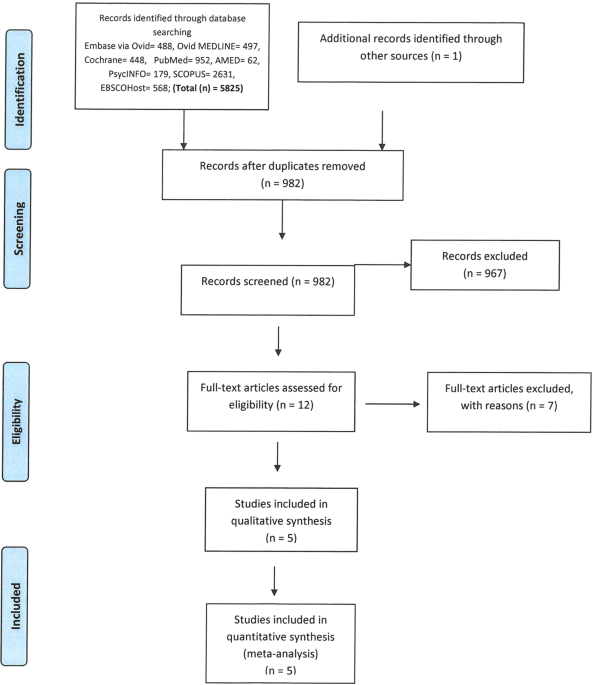Agree with most of the above. I generally don't prescribe supplements unless there's a medical issue directly correlated (ie, Wernicke's and thiamine/folate repletion) but I do educate patients about some supplements if they ask. I mostly do not recommend them, but am open to it if that's what patients want and it's reasonable.
I think it's worth understanding the recommendations and actual criteria for vitamin D deficiency (<12) vs insufficiency (>12 but <30) and have seen some patients have some improvements for depression. It's cheap and generally benign if taken appropriately, with that kind of risk vs benefit, why not?
NAC can help with augmentation as mentioned. I've never used it for cannabis dependence because the data good for those <21 yo and not for adults as well as patients being generally unwilling to quit. I've recommended it a couple of times, but no one has wanted to take it. Maybe if it had a more exotic or natural sounding name...
One of my addictions attendings in residency liked using Silexan with their patients as they could tell patients that there was data showing it was as effective as ativan. I only prescribed it 3 or 4 times, but recall 2 of the patients saying they loved it. I haven't used it since, but have discussed it with a few people. I'd love to see more studies done on it as I have lots of patients who say "I don't want an anti-depressant for anxiety" and a non-benzo option for that would be great.
I've had a few patients do well with Mg, including an extended family member (not a patient) who is noticeably irritable/anxious when she doesn't take it. Some data there, worth discussing if patients are super into "natural" stuff.
There are other "natural" options with some evidence like SJW, Kava, or Ashwaganda, but they all have the same issues (unregulated, side effects, interactions with other meds/substances). I always discuss side effects and polypharm interactions of supplements and natural/alternative substances with patients just like with other meds, and after that they're usually a lot more open to discussing meds knowing that I'm not just bashing natural medicine as BS (even when it is).
How often are you all checking vitamin D, B12, folate, TSH levels? I don't get it unless there's something on the history on the ROS to make me suspicious enough of it. I'm not getting everyone with treatment resistant depression to get the labs, but I feel like this is more common practice. I just think the pretest probability would be low. In my area, it seems like everyone would be low on Vitamin D for half if not most of the year based on the amount of sun we get regardless of their depression status.
I feel like I keep getting asked by patients about magnesium, 5HTP, GABA, inositol, ashwagandha, theanine, fish oil, coenzyme q10, and all these other supplements that don't seem to have much evidence base, but I also haven't searched it myself for any RCTs or data on it for the most part. I have seen the RCT on Silexan but haven't used it in my practice. I also don't know how they interact with the meds I'm prescribing since most people don't tell me they are taking them, when they're starting or stopping them, and I'm not asking every appointment outside of the intake if they are.
I always ask for TSH labs if they've been done and will ask for them if there's associated physical symptoms with the depression or anxiety to suggest an abnormality. I haven't had too many patients whose mood symptoms resolved or dramatically improved with treatment, but I have had quite a few patients who needed adjustments to their meds who may not have gotten them otherwise who did feel better when it was addressed. I don't regularly order Vitamin D on an outpatient basis, but may throw it on if they're getting other labs drawn, especially if it's been low previously and they're not on a supplement.


